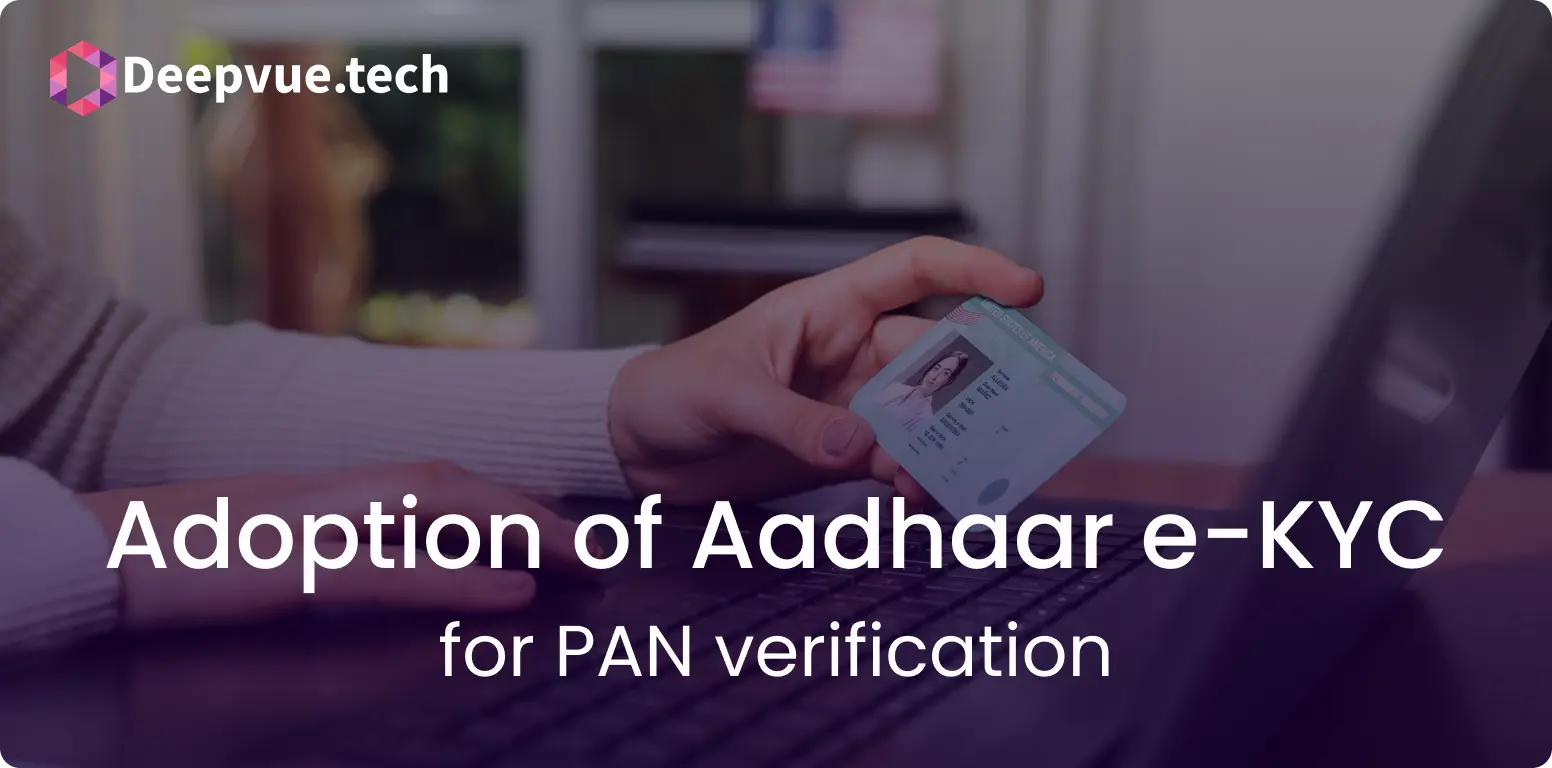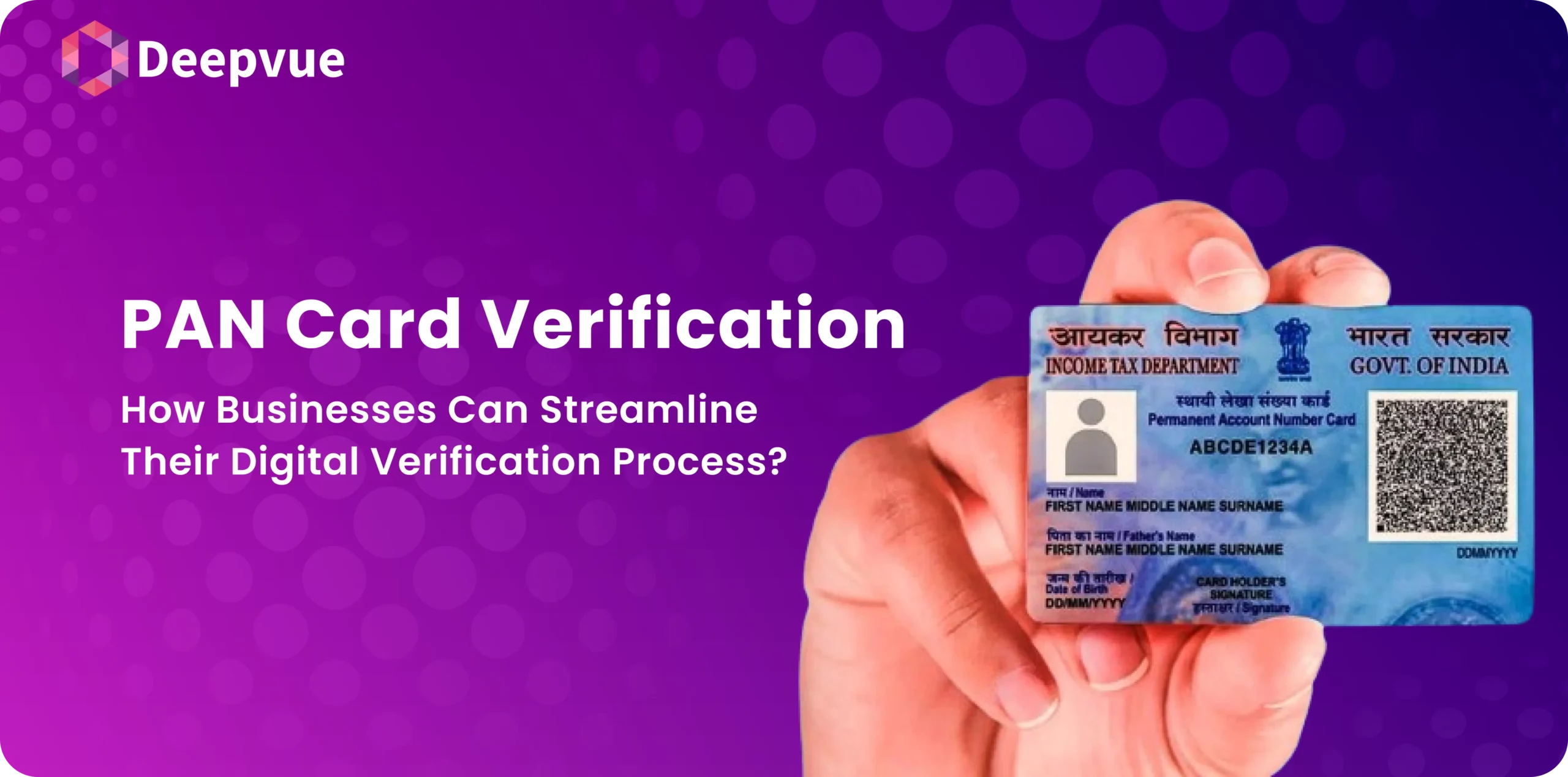Understanding KYB: Know Your Business
KYB stands for Know Your Business. It is a process used by financial institutions and other entities to verify the legitimacy and identity of businesses they engage with. KYB is similar to Know Your Customer (KYC) but focuses on corporate clients rather than individual customers.
Key Components of KYB
- Business Verification: Verifying the identity of the business entity through official documents such as incorporation certificates, business licenses, and tax identification numbers.
- Ownership Structure: Identifying the beneficial owners of the business and understanding the ownership structure. This includes determining the individuals who ultimately own or control the business.
- Risk Assessment: Evaluating the potential risk the business poses, considering factors such as the nature of the business, geographic location, industry, and transaction patterns.
- Ongoing Monitoring: Continuously monitoring business transactions and activities to detect unusual or suspicious behavior. This includes updating business information periodically and reassessing their risk profile as necessary.
Importance of KYB
- Regulatory Compliance: Ensures compliance with AML regulations and other legal requirements, helping to prevent financial crimes such as money laundering and terrorism financing.
- Risk Mitigation: Helps identify and mitigate risks associated with doing business with fraudulent or high-risk entities.
- Business Trust: Builds trust with legitimate businesses by demonstrating a commitment to ethical business practices and regulatory compliance.
What is the Difference Between KYB and KYC?
Know Your Customer (KYC) and Know Your Business (KYB) are essential due diligence processes in the financial industry, each focusing on different entities. KYC is centered on individual customers, aiming to verify their identities, assess their risk levels, and prevent fraud, money laundering, and terrorist financing. This process involves collecting and verifying personal information such as name, date of birth, address, and identification documents like passports or driver’s licenses. In contrast, KYB is focused on business entities, aiming to verify their legitimacy, understand their structure, and ensure they are not involved in illegal activities. KYB involves collecting and verifying business information such as company registration documents, ownership details, the identities of beneficial owners, and financial records.
What are KYB Procedures?
KYB procedures are designed to thoroughly vet business entities to ensure compliance with regulatory standards and to prevent involvement in illicit activities. The key steps include business verification, which involves obtaining and verifying company registration documents and confirming the business’s legal status and operating licenses. Identifying and verifying the identities of beneficial owners is crucial, as is understanding the business’s ownership and control hierarchy to check for shell companies or complex structures that may hide true ownership. Risk assessment is another critical step, evaluating the business’s industry, geographical location, and transaction patterns to assess potential links to high-risk jurisdictions or sectors. Reviewing financial records is necessary to examine the business’s financial statements and transaction history, looking for inconsistencies or unusual activities. Screening the business and its key individuals against sanction lists and PEP databases, as well as conducting adverse media checks, ensures no negative news or involvement in scandals. Finally, ongoing monitoring of the business’s activities and transactions, along with periodic updates and risk reassessment, ensures continuous compliance and reduces the risk of financial crimes and regulatory violations.
FAQs
How does KYB differ from KYC?
KYC focuses on verifying the identity and assessing the risk of individual customers, while KYB focuses on businesses and their ownership structures. Both processes aim to prevent financial crimes and ensure regulatory compliance.
What documents are typically required for KYB?
Common documents required for KYB include the business’s incorporation certificate, business license, tax identification number, information about the beneficial owners, and any relevant financial statements.






